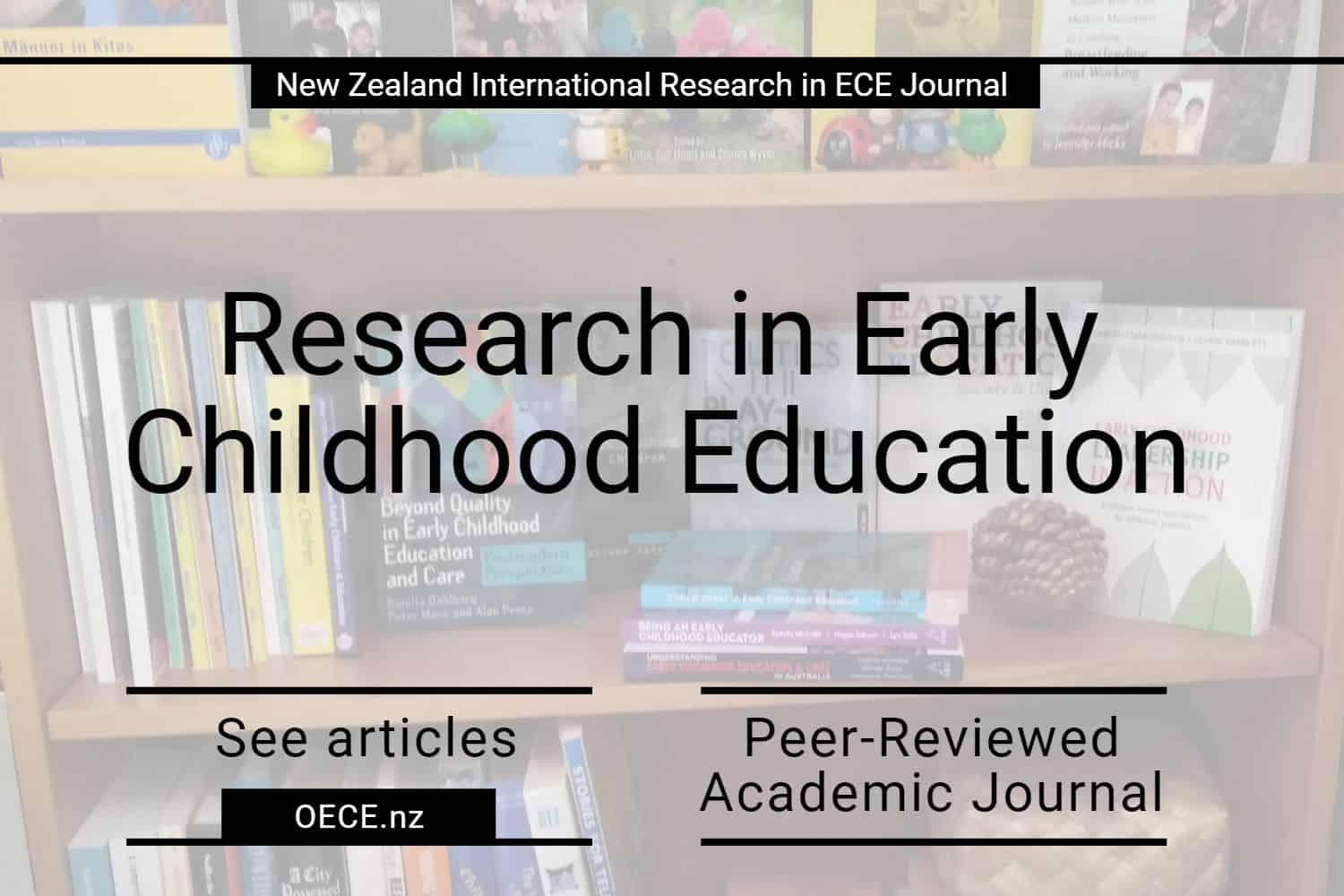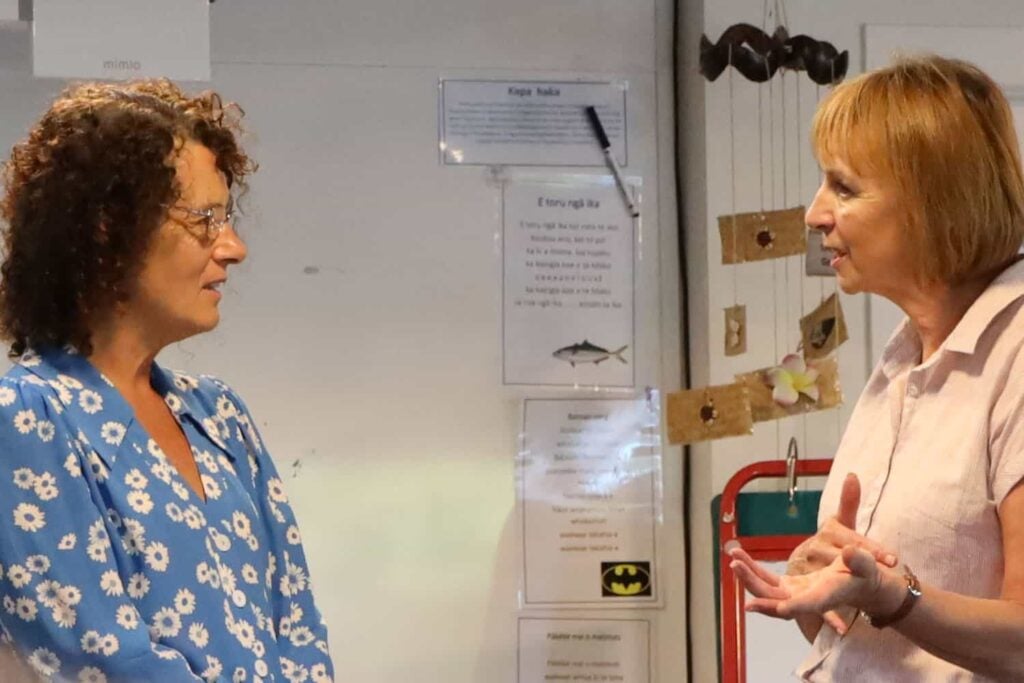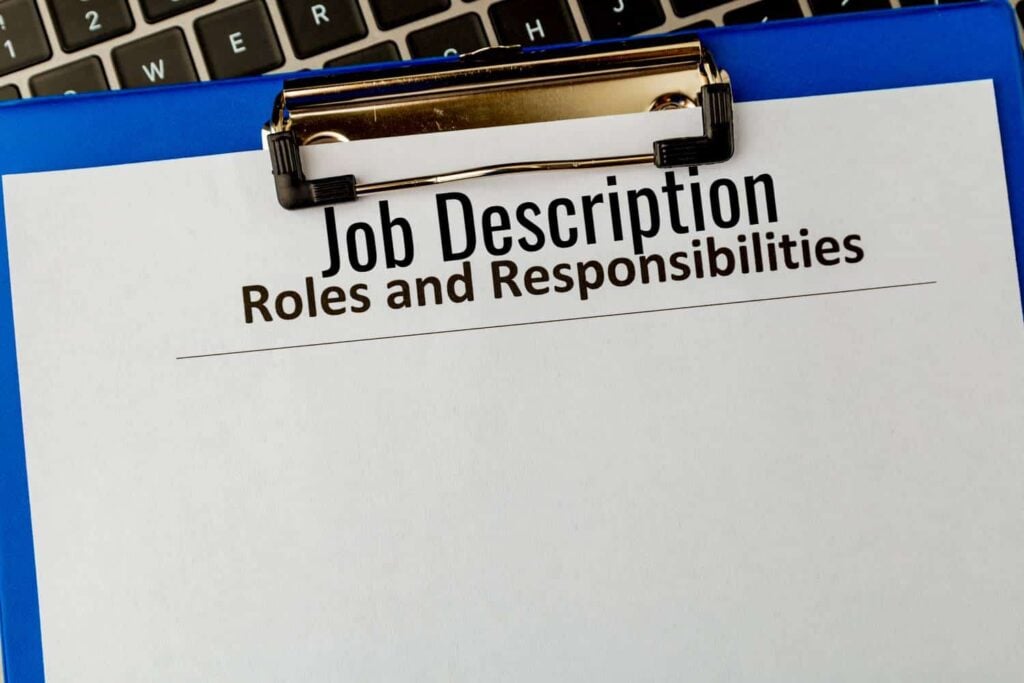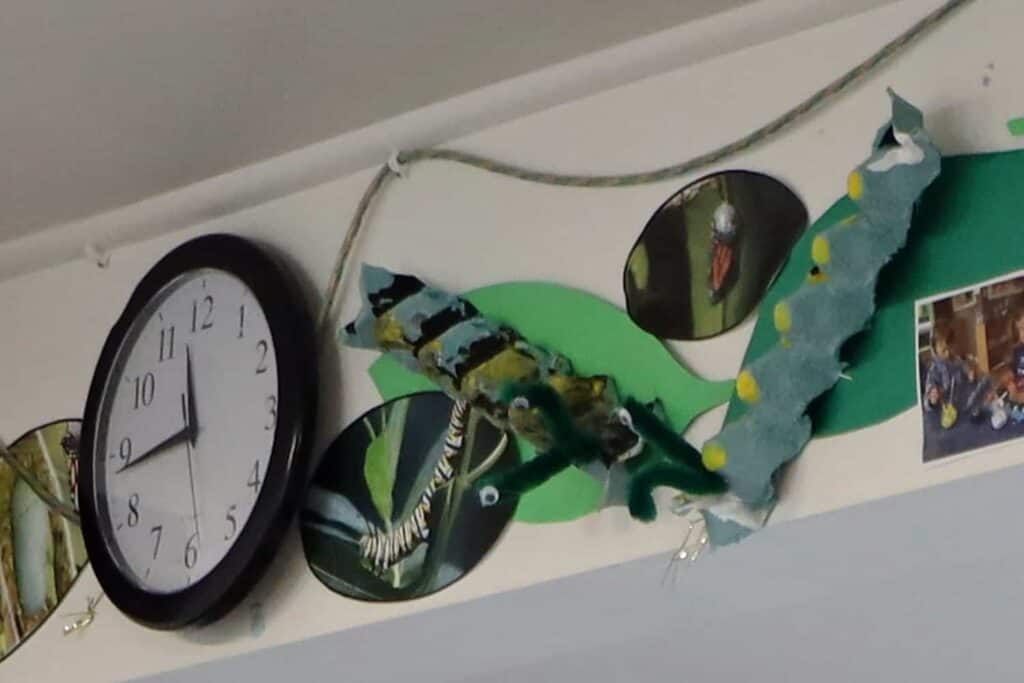These instructions for preparing and submitting a manuscript to the NZ-International Research in ECE Journal should be read in conjunction with the following journal policies:
The NZ-International Research in Early Childhood Education Journal publishes peer-reviewed local and international research and theory relating to young children in the early years. “Early childhood education” in the journal title is defined as encompassing children’s care, health, development, and learning.
Research relating to teaching and learning, early intervention, child health and safety, ECE policy, funding and cost, participation, outcomes of ECE, and teacher/parent education are particularly welcome. Papers examining a research method, an aspect of methodology, or contributing to the development of theory are also invited.
Papers may take the following forms:
1. Article
- Reporting original research. A report of original research (3,000-5,000 words). This is blind peer-reviewed by at least two reviewers.
- Providing an in-depth critical review. A critical in-depth analysis and review of research or theory, which may be in relation to policy and/or practice contexts or issues (3,000-5,000 words). This is blind peer-reviewed by at least two reviewers.
2. Research Note: A description of an original research project, a description of part of an original project, or a reflective examination of some aspect of the research experience. Initial findings of an ongoing project are also welcomed (up to 2,000 words). This is not normally sent out for blind peer-review but will be reviewed within the editorial team.
3. Other: Other paper types (such as Research Methods or Ethics papers, Commentaries, Position Papers and Occasional papers) may be considered by the Editor on an individual basis. Please check and discuss the appropriateness of your paper with the Editor before submitting.
Literature reviews and personal opinion pieces are not generally accepted.
Details on preparing a manuscript are included below. Please follow the instructions closely when preparing your manuscript. Manuscripts which exceed word limits, do not adhere to manuscript requirements, or have spelling and grammatical errors will be returned for correction prior to commencement of the review process.
Preparing Manuscripts
Language: This journal has an international readership, therefore it is helpful to define any country and culturally-specific words either within the text, as an endnote, or attach a glossary. Slang should be avoided – for example use ‘children’ instead of ‘kids’ or ‘kiddies’, use ‘Early Childhood Education’ or ‘Early Childhood Education and Care’ or the name of the type of service such as ‘Kindergarten’ instead of ‘early learning’; use ‘toddler’ instead of ‘tot’.
Stylistic conventions: Consult articles in the latest issue of the journal on general matters of style, such as conventions in headings, indentation, and referencing. Style must conform to that described in the latest Publication Manual of the American Psychological Association. Any articles submitted from 2021 should confirm to the APA 7th edition. Footnotes and endnotes should be avoided if at all possible (essential information should be contained in the text).
Layout: An abstract of 100–200 words along with 3 to 5 key words should be included on the first page of the manuscript below the title. Please check that all pages are numbered clearly and in the correct sequence.
Graphs and figures: A maximum of four graphs, figures, photographs or tables can be included. These should only be included if absolutely essential to understanding the findings of the reported study. They should be referred to in order in the text.
Copyright: Authors are responsible for securing, when necessary, permission to use quotations or illustrations from copyrighted materials. Full acknowledgement should be made if the paper, or part of it, has been presented or published in any form elsewhere.
Format for All Types of Paper Submissions
Cover page: This should show: the name of the author(s), affiliation(s), email and postal addresses, and phone numbers.
Article: Only the title and no identifying information about the author(s) should appear on the manuscript itself. An abstract should be included, followed by an introduction, and then the main body of the paper. An accurate list of references should be included at the end.
Accuracy: Care should be taken to ensure paper accuracy and correctness before submission (e.g. double check references and dates, ensure that you have considered reliability, validity, and ethical issues). Authors who do not have statistical expertise should have their use of statistics and interpretations fully checked by an expert before manuscript submission.
Submitting Manuscripts
Submission date: Manuscripts may be submitted at any time of the year and if accepted will be published in the next issue of the journal. See the latest call for papers, to find the deadline for the current issue in progress.
Covering letter: Include a statement confirming that the paper is original work and has not been published or submitted for publication elsewhere. If the material, or part of it, has been previously published in any form (e.g. in the proceedings of a Conference, in a newsletter, or on the Internet) this should be declared. State the type of paper you are submitting (i.e. a research article, research note, or another paper type).
Manuscript: For blind peer review purposes, please put author(s) names, affiliations, acknowledgements, and any identifying information on a separate cover sheet, which will be removed prior to being sent to reviewers. Send your manuscript and covering letter as e-mail attachments to the NZIRECE Journal Lead Editor, Dr Wendy Boyd email: [email protected]
Cost: There is no paper charge for publication in the NZIRECE Journal.
Copyright: A condition of publication is that copyright in the article is given to the NZIRECE Journal.
Manuscript Review and Editing
Manuscripts for peer-review articles are normally sent to two (sometimes three) reviewers for anonymous review. Authors are provided with a copy (or summary) of the reviewers’ feedback. This is regarded as a formative process to assist authors to improve the quality of their manuscript.
When a manuscript is accepted for publication an updated Word version will be requested. It is the author(s)’ responsibility to ensure APA 7th referencing and that the final version is accurate in every detail.
An editor may check and provide feedback on your writing or any publication/dissemination issues with content, with an opportunity if there is time for you to make final changes before publication.
Author(s) should carefully check and prepare the final version of their manuscript as proofs are not sent to author(s) before online publication.
The Editors reserve the right to make minor alterations or deletions to manuscripts, or to shorten manuscripts, without consulting the author(s) and not materially affecting the substance of the work.









